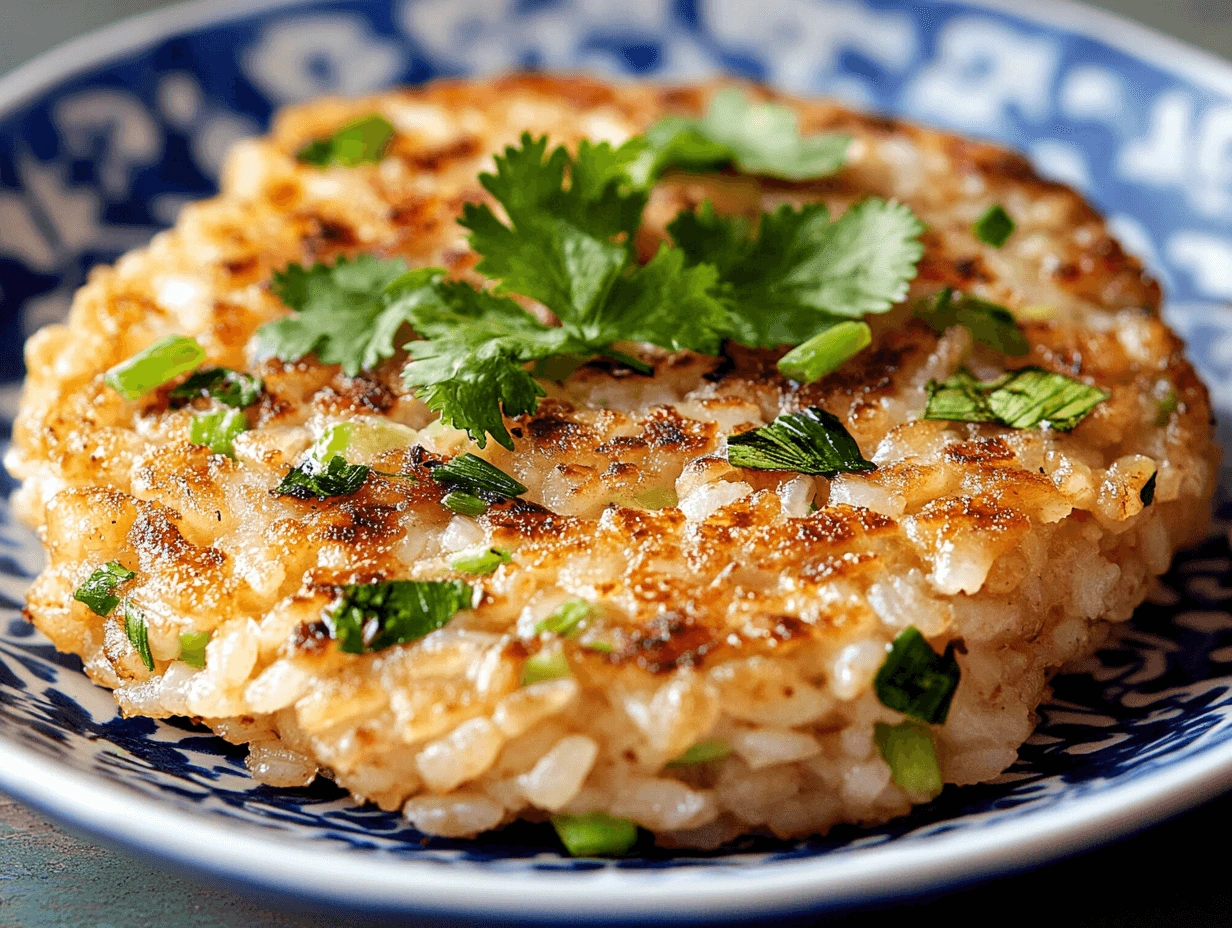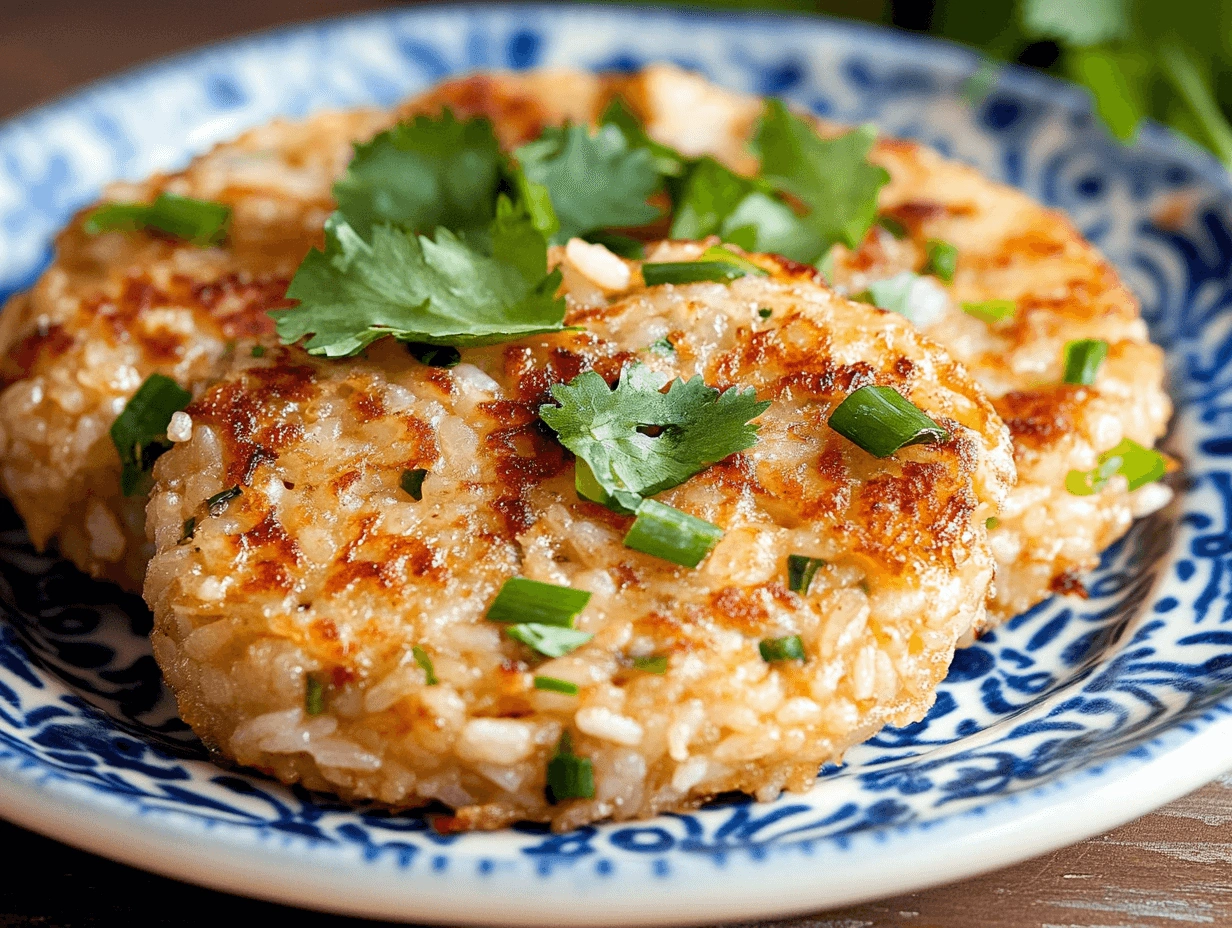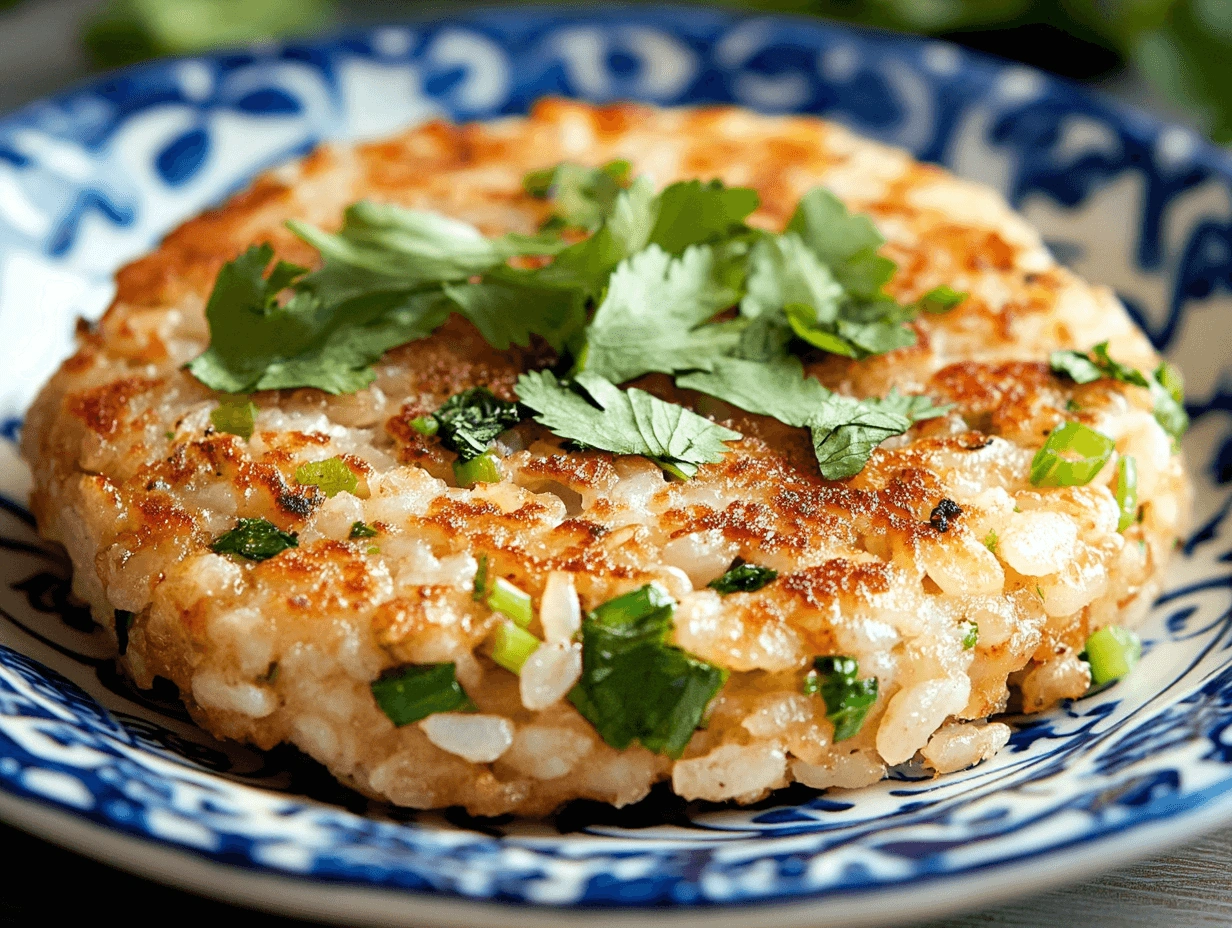Introduction: What Are Rice Cakes and Their Disadvantages?
What Are Rice Cakes?
Rice cakes are lightweight snacks created by puffing or compressing rice grains into compact forms. They are often chosen for being low in calories, gluten-free, and adaptable to different toppings. Despite their popularity, rice cakes have drawbacks that should be considered. For instance, they may not provide adequate nutrients and could raise health concerns if consumed in large amounts. While dieters and individuals with food sensitivities often include rice cakes in their meals, being aware of the disadvantages of rice cakes can lead to more balanced dietary choices.
Why Discuss the Disadvantages of Rice Cakes?
Although rice cakes are widely considered a healthy snack, they have several potential downsides. For example, they lack essential nutrients and may negatively impact health when eaten frequently. Highlighting these disadvantages can help consumers make better decisions regarding their diets.
Nutritional Shortcomings: Disadvantages of Rice Cakes
Low Protein and Fiber: A Major Disadvantage
Rice cakes contain minimal protein and fiber, which are crucial for sustaining energy and keeping hunger at bay. For example, a plain rice cake typically has around 7 grams of carbohydrates but less than 1 gram of protein or fiber. This lack of nutrients often leaves you feeling hungry soon after eating.
- Effect on Hunger: Without adequate protein and fiber, rice cakes fail to satisfy appetite, often leading to frequent snacking. This can undermine weight management goals.
- Better Choices: Alternatives like whole-grain crackers or nuts offer more nutrients and promote longer-lasting fullness.
For alternative ideas, see Healthy Homemade Rice Cakes for inspiration.
High Glycemic Index in Rice Cakes
Rice cakes have a high glycemic index (GI), averaging around 82. High-GI foods cause a rapid increase in blood sugar levels, often followed by a sudden drop in energy.
- Who Faces Risks? This can be particularly problematic for individuals with diabetes or insulin resistance, as sudden sugar spikes complicate blood glucose management.
- Alternative Snacks: Opt for whole fruits or vegetables, which have a lower GI and provide more consistent energy.
For additional tips, check out the Healthy Rice Snacks Guide.
Health Implications: Disadvantages of Rice Cakes
How Rice Cakes Can Hinder Weight Management
Although rice cakes are often chosen for their low-calorie content, their limited nutritional value can be counterproductive. Since they lack protein and fiber, they do not provide lasting fullness. Additionally, flavored varieties often include added sugars or artificial ingredients that reduce their nutritional value.
- Impact on Eating Habits: Snacks without nutrients that promote satiety may result in overeating later in the day, potentially leading to weight gain.
- Smarter Substitutes: Options such as Greek yogurt or hummus with vegetables are better choices for balancing calorie intake while curbing hunger.
Read more about healthy snack alternatives in Why Bodybuilders Eat Rice Cakes.
Blood Sugar Spikes: Another Concern
Rice cakes are composed mostly of refined carbohydrates, which digest quickly and cause sharp blood sugar increases. This is followed by a rapid drop in energy, leaving individuals feeling tired and craving sugary foods.
- The Problem with Refined Carbs: Unlike complex carbohydrates found in whole grains, refined carbs fail to provide sustained energy.
- Who Should Limit Intake? High-GI foods, such as rice cakes, should be avoided by those managing diabetes or prediabetes in favor of fiber-rich alternatives.
For more insights, read Are Rice Cakes Healthy?
Ingredient and Processing Concerns in Rice Cakes

Additives in Processed Rice Cakes
Processed rice cakes often contain ingredients that make them less healthy. Flavored varieties may include added sugars, artificial flavors, and preservatives, which increase calorie content and can have negative health effects if consumed in excess.
- Hidden Sugars and Salt: Some flavored rice cakes contain more sugar and salt than expected, making them unsuitable for those reducing their intake of these ingredients.
- Artificial Flavor Worries: Additives like artificial sweeteners or coloring may conflict with the perceived healthiness of rice cakes. Checking ingredient labels can help avoid these pitfalls.
For more tips on reading labels, visit Healthy Homemade Rice Cakes.
Loss of Nutrition During Rice Cake Processing
The production of rice cakes involves heat and pressure, which strip the rice of much of its fiber, vitamins, and minerals. This process leaves behind primarily empty calories.
- Whole Grains Are Better: Unlike rice cakes, whole grains retain their fiber and nutrients, which are vital for maintaining energy and health.
- Try Homemade Rice Cakes: Making rice cakes at home with wholesome ingredients allows you to retain more nutrients while avoiding unnecessary additives.
For simple recipes, check out Homemade Rice Cakes Recipes.
Environmental and Sustainability Issues: Disadvantages of Rice Cakes
The Environmental Impact of Rice Cake Production
Rice cake production begins with rice farming, a process that requires significant water resources and contributes to greenhouse gas emissions. These environmental impacts can increase during the production and distribution stages of rice cakes.
- Water Usage in Rice Farming: Producing one kilogram of rice requires approximately 2,500 liters of water, which can strain water supplies in regions facing shortages.
- Methane Gas Emissions: Rice farming releases methane, a potent greenhouse gas that contributes to climate change.
To learn more about green snack options, visit Are Rice Cakes Healthy?
Packaging Waste: Another Problem with Rice Cakes
Rice cakes are often packaged in single-use plastic, which is difficult to recycle. This type of packaging frequently ends up in landfills, where it can take hundreds of years to decompose.
- Plastic Pollution: Disposable plastic packaging contributes significantly to the global issue of waste pollution.
- Eco-Friendly Choices: Look for brands that use recyclable packaging or bulk options to reduce plastic waste.
Healthier Options: Disadvantages of Rice Cakes
Healthier Snack Options
If you’re looking for more nutritious snacks, consider options that provide protein, fiber, and healthy fats to keep you fuller for longer and maintain steady energy levels.
- Nutritious Ideas:
- Whole-grain crackers paired with hummus or avocado.
- Greek yogurt topped with fresh berries.
- Energy bites are made with oats, nuts, and seeds.
- Low-GI Choices: Snacks like apple slices with peanut butter or boiled eggs help regulate blood sugar levels better than rice cakes.
Making Rice Cakes Healthier
For those who enjoy rice cakes, adding nutrient-dense toppings can make them more satisfying and balanced. Here are some topping suggestions:
- Toppings That Work:
- Almond butter paired with banana slices.
- Cottage cheese sprinkled with chia or flax seeds.
- Mashed avocado seasoned with salt, pepper, or chili flakes.
These additions can enhance the nutritional profile of rice cakes while maintaining their simplicity and convenience.
Conclusion
Key Points About the Disadvantages of Rice Cakes
Although rice cakes are often perceived as healthy, they come with several drawbacks. They lack key nutrients, can cause blood sugar spikes, and may contain added sugars or artificial ingredients. Additionally, their production contributes to environmental issues such as water overuse, methane emissions, and packaging waste.
Making Smarter Snack Choices
Despite their disadvantages, rice cakes can still be included in a balanced diet when eaten in moderation. Pairing them with healthy toppings or replacing them with more nutritious snack options can improve overall dietary value. By being mindful of these factors, you can make choices that benefit both your health and the environment.
Also, check out This Guide to Smarter Snacking.


